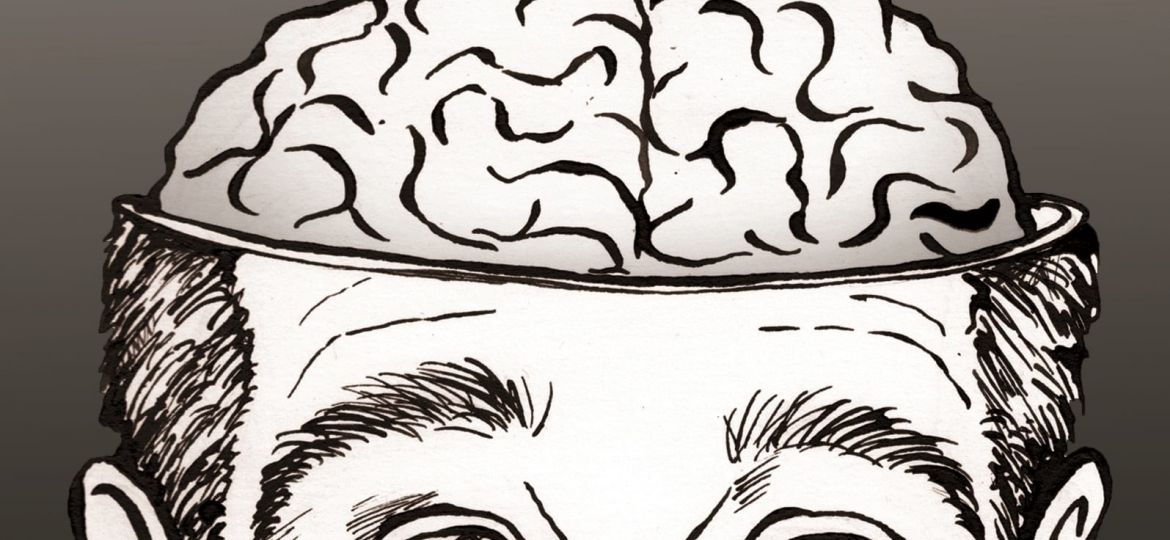
On Aug. 11 of this year, Robin Williams tragically passed away. He committed suicide after a long battle with bipolar disorder and addiction. This death not only left his family in deep grief, but also left the world flabbergasted. From 1978-2014, Williams dominated the entertainment industry through his impersonations, his many voices and sometimes serious roles.
Because Williams touched the film and television industries so profoundly, his death produced a media firestorm: every news channel was flooded with information and opinions regarding his death. Some reporters recognized his struggles with mental illnesses while others dismissed his fight, calling him a coward.
First of all, referring to someone who committed or is thinking of committing suicide as “cowardly” or “selfish” just exacerbates the stigma surrounding mental health disorders and provides a harsh environment for individuals who do struggle with mental illness. In order to raise awareness and prevent suicide, using kind, non-judgmental words to discuss sensitive issues is crucial.
The aforementioned idea prompted a heated discussion after Williams’ death about whether or not victims of suicide are cowardly, but another question also surfaced: Is there a strong correlation between mental illness and comedy?
Though there are plenty of comedians who have referenced their struggles with mental health, it is impossible to say with 100 percent certainty that there is a definite positive correlation between the two variables. While a connection between the comic subculture and mental illness certainly exists, I am reminded of a phrase drilled into my skull when it comes to correlational studies: correlation does not equal causation.
There is evidence to support the idea that some strokes of comic genius rise from the manic episodes associated with bipolar disorder – Robin Williams, Stephen Fry, and Spike Milligan have all mentioned it before. However, is important to remember that even though a large number of people may struggle with something, it does not mean that every member of the subgroup does, particularly given the scant research regarding this topic.
Another issue I have found with the current media reports regarding Williams’ death is the overwhelming number of news sources referring to him as depressed. He was not just depressed – he had bipolar disorder.
This is a very important detail to note because the most notably present mental illness in the comic world is bipolar disorder. Depression is an illness that slows brain activity and can make it increasingly difficult to accomplish even the most mundane tasks. This loss of interest in daily activities that normally excite and energize a person is known as anhedonia. In contrast, bipolar disorder is often associated with intense “highs” of creative bursts brought on by mania and depending on the type of bipolar disorder, the “highs” may be countered by depressive “lows” that make it difficult to function. Comedian and producer John Lloyd spoke about this topic in an interview with BBC shortly after Williams’ death.
“Robin Williams was a complete genius and did an enormous body of work,” Lloyd said. “You can’t do that if you’re just depressed. You’re more likely to do that if you’re bipolar and you have terrific bursts of creative activity.”
Lloyd reinforces the idea that Williams did not only suffer from “depression,” as the media was wont to claim. Instead, he was affected by a complex disorder that certainly may share correlations with comedians, yet fails to define all of them.
Again, I am not saying that a vast amount of the comic world doesn’t struggle with mental health illnesses. I want to highlight the idea that we – especially through media – must be hesitant to make broad generalizations about an entire subculture.
Williams’ death brought conversations regarding mental illness to the public’s attention. I hope that others will continue talking about difficult issues like this to bring awareness to the public and, hopefully, help those who need it.
Erica Hoops ’18 hoops!@stolaf.edu is from Buffalo, Minn. She majors in music and women’s and gender studies.
Graphic Credit: ERIN KNADLER/MANITOU MESSENGER

